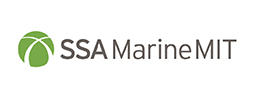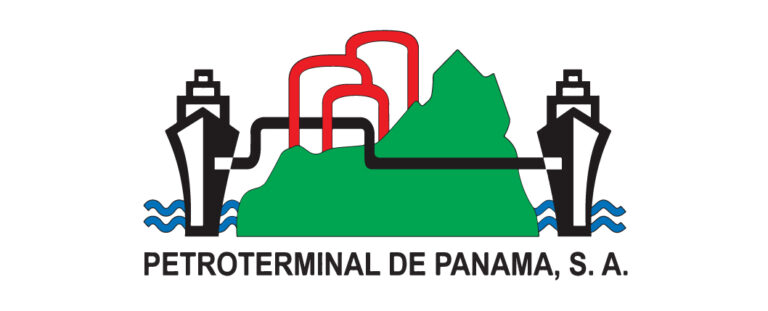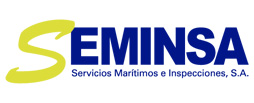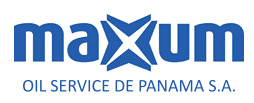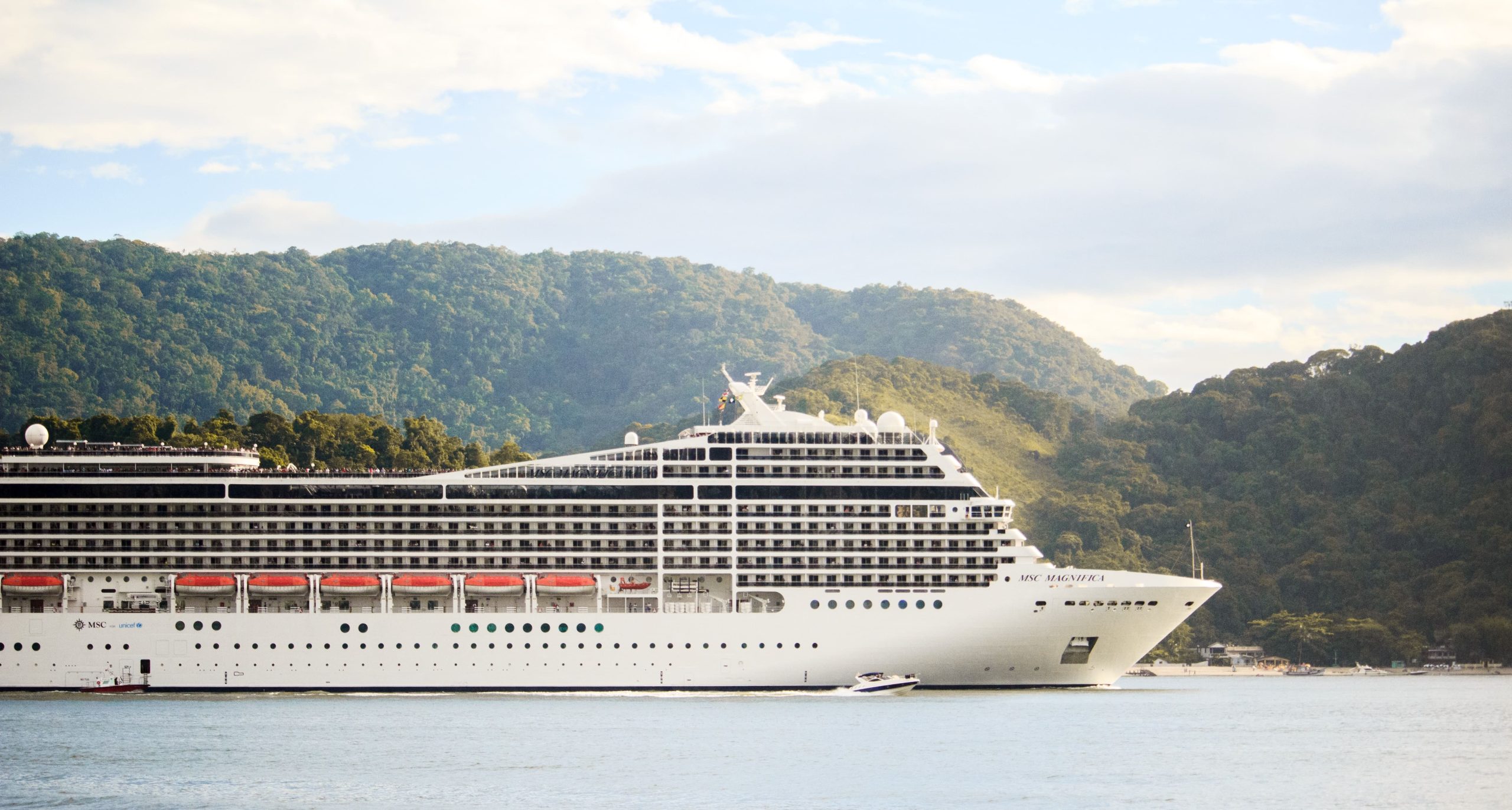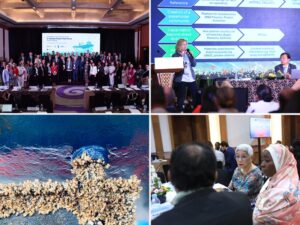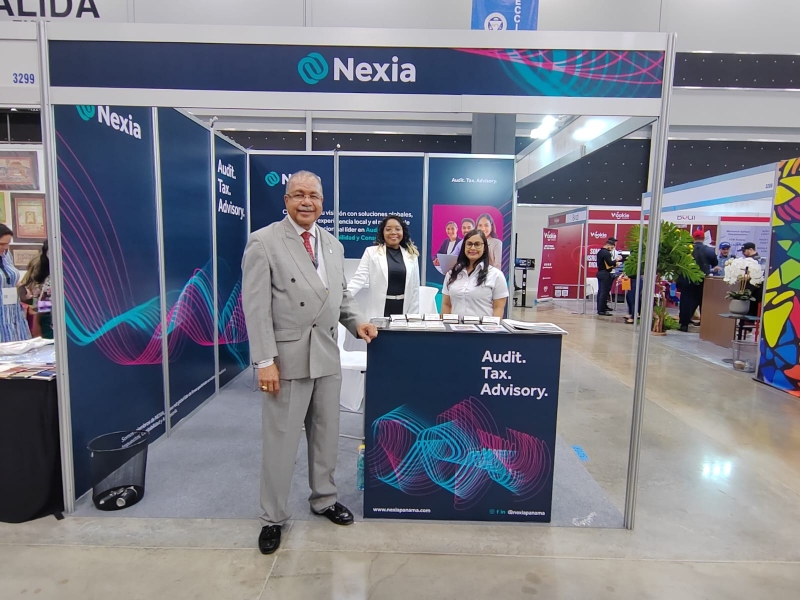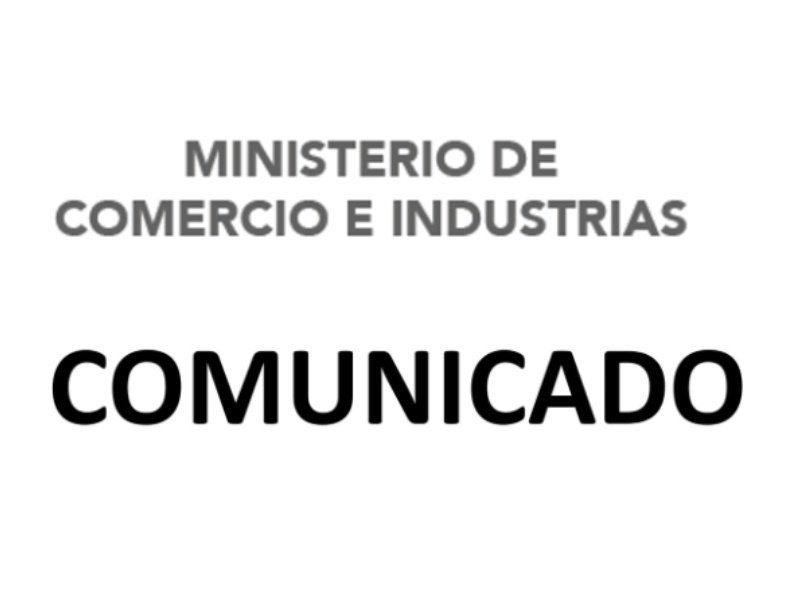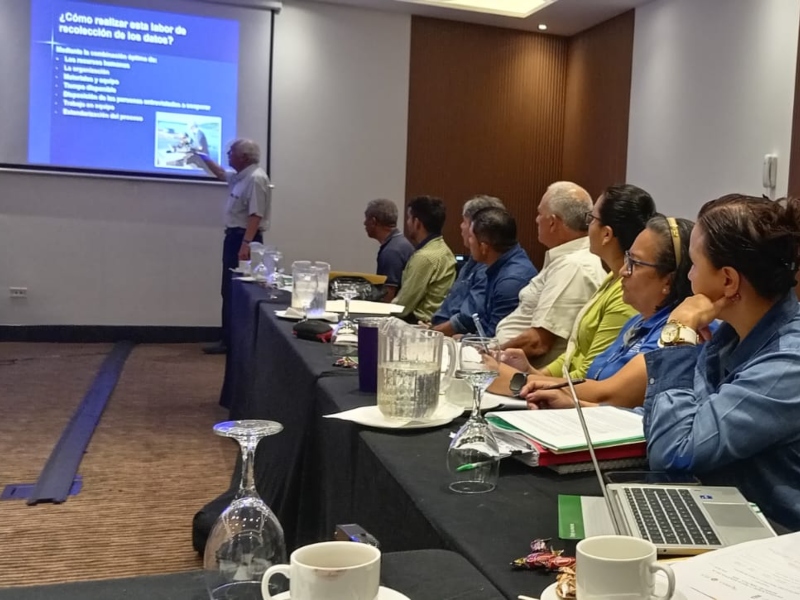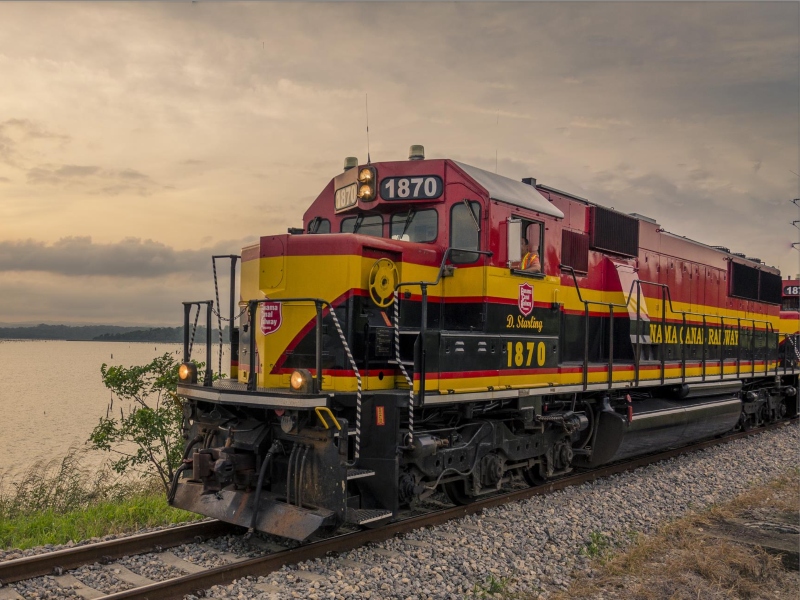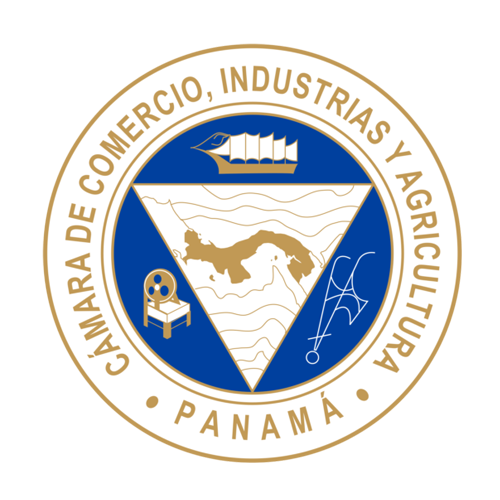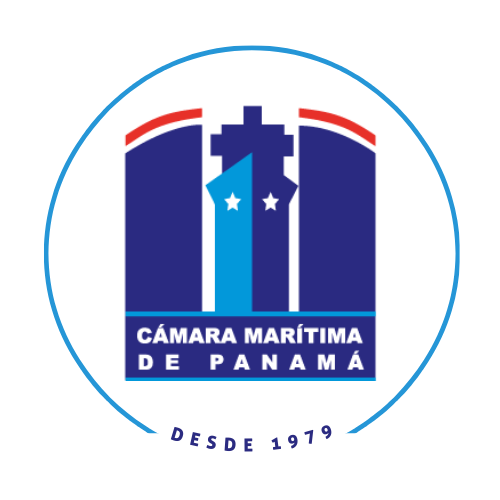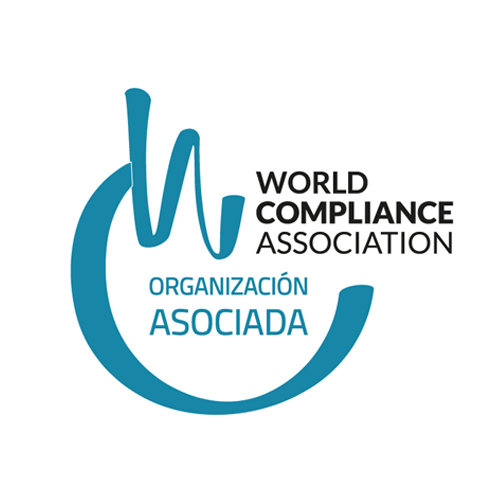Source: CLIA
Cruise Lines International Association (CLIA) congratulates IMO Member States on agreeing to an ambitious Revised Strategy for Reduction of GHG from International Shipping on 7 July 2023. Cruise lines are at the forefront of developing innovative environmental technologies and practices aimed at reducing emissions and are investing in the development of sustainable marine fuels and environmental technologies. With every new ship comes new technologies and greater efficiencies that make them more sustainable. The Revised Strategy agreed to at the IMO sends a strong signal to markets and fuel suppliers that should provide the new technologies and alternative fuels needed in order for the maritime sector to do its part in achieving net zero GHG emissions by or around 2050 consistent with the Revised Strategy.
Although sustainable marine fuels and technologies are not yet available at scale, cruise lines are addressing these challenges with significant investments, innovative approaches, and systems designed to help the cruise sector transition to low- and zero-carbon fuels. Multiple pilot projects and collaborative initiatives are underway, and new engines and propulsion technologies are actively being planned and tested for use on cruise ships.
Cruise lines are preparing for and embracing new technologies, innovations, and the uptake of alternative fuels as they become available. One example is battery technology, which can help to ensure engines and fuel cells operate at their most efficient and can supply short periods of zero-emissions power. More than 15% of cruise ships entering service in the next five years are specified to be equipped with fuel cells or battery storage to allow for hybrid power generation once the technology is available.
Additional information and examples:
- Trialing includes exploring the expanded use of biofuels (already in use on four ships), synthetic carbon fuels, and electric batteries, hydrogen fuel cells, and methanol fuel cells.
- Near-term solutions, which are currently being tested on ships, are offered by sustainable biofuels – namely, advanced biofuels (using non-food biomass), including bio-methanol and biomethane.
- Medium-term options being explored include synthetic e-fuels like e-methane and e-methanol. The first ships incorporating methanol are scheduled to be delivered in 2024. Seven ships incorporating methanol are due to be launched by CLIA members during the next five years.
![]()








